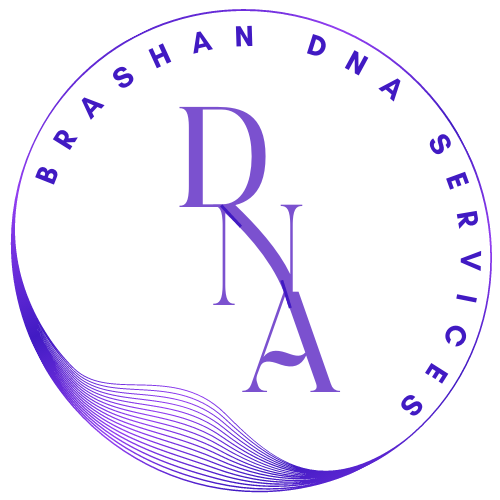Benefits of DNA Testing for Immigration
In this blog, we discuss the benefits of DNA testing for immigration, which tests are best, and when an applicant might choose a DNA test to support a visa or citizenship application.
Scientific advances in DNA analysis make it easier than ever to establish a relationship between family members, a fact that can play a vital role in immigration cases.
The UK laboratory has a long history of working with specialist immigration solicitors and their clients on DNA testing for immigration. As a result, we are well-versed in what members of the public and legal professionals need to know about DNA testing for this purpose. LEARN MORE
Do I need a DNA test for immigration?
The first thing applicants need to know about DNA testing and immigration is that officials cannot ask for DNA evidence. However, if you are invited to submit further evidence, this is often provided as an option and you can choose to submit the results of a DNA Test if you wish to do so. Home Office DNA policy guidance acknowledges that the department does not have the power to make such a request.
While documents such as birth or marriage certificates will usually be enough to prove a relationship, circumstances where DNA tests can be invaluable include:
- If a child is born abroad to UK citizens and parents are seeking citizenship for the child. In this instance, the mother or father may choose to have a paternity or maternity test to confirm parentage.
- If a relative plans to move to the UK and wants to submit DNA evidence to confirm a familial relationship (where a UK citizen is sponsoring them for citizenship or a visa), they may decide to have a complex relationship DNA test performed.
These types of tests can be used to verify a biological relationship between siblings, grandparents and their grandchildren, nieces, and nephews and their uncle(s) or aunt(s), or even tell us the likelihood of two or more people being cousins.
In the past, complex relationship tests could only draw one of two conclusions – whether the subjects were related or unrelated. However, technological advances mean we are now able to paint a more complete picture of a person’s family tree.
For example, if a person is seeking UK citizenship for multiple children, DNA testing would be able to determine which of those children are sons or daughters, or if any of the children are in fact more likely to be nieces or nephews of the applicant. This makes it much more difficult to fool a DNA relationship test for citizenship applications.
Why should I order a DNA test for immigration from Brashan?
Using the very latest scientific methods, our partner laboratory can verify how individuals are related, strengthen immigration applications, and reunite families with their loved ones in the UK.
The laboratory is a UKAS-accredited testing facility, which has worked with British Embassies and some of the largest specialist immigration solicitors in the UK for 18 years.
The DNA immigration test results are recognized and admissible to UK courts, the Ministry of Justice, the UK Visas and Immigration Service, and the HM Passport Office.
